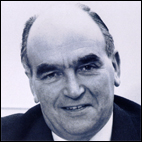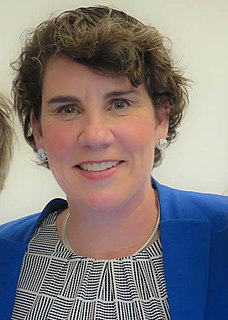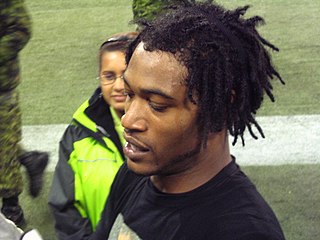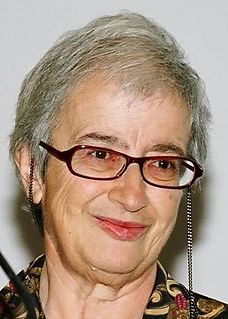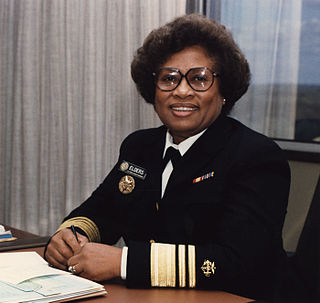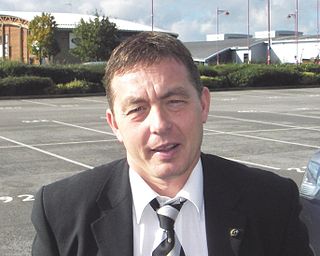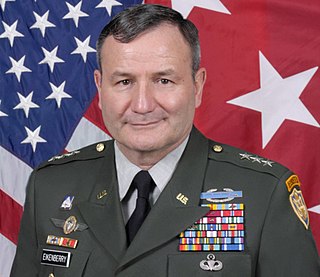A Quote by Judith E. Glaser
What we're trying to do in conversational intelligence is not only define that trust continuum for people, not only helping them notice, which is so important, what's happening in them and others when distrust lives, but also how to bring people in trust. When they do, what happens, this part of our brain, the prefrontal cortex is loaded with wisdom, integrity, strategy, insights, empathy, foresight. It's beautiful. It's so designed for that, and often it's turned off because people don't have trust with each other.
Related Quotes
I know it is possible not only to restore trust but to actually enhance it. The difficult things that we got through with the important people in our lives can become fertile ground for the growth of enduring trust - trust that is actually stronger because it's been tested and proved through challenge.
A community is the mental and spiritual condition of knowing that the place is shared, and that the people who share the place define and limit the possibilities of each other's lives. It is the knowledge that people have of each other, their concern for each other, their trust in each other, the freedom with which they come and go among themselves.
Teams use trust as currency. If it is in short supply, then the team is poor. If trust abounds, the members of the team have purchase power with each other to access each others’ gifts, talents, energy, creativity, and love. The development of trust then becomes a significant leadership strategy. Trust creates the load limits on the relationship bridges among team members
Being vulnerable is allowing yourself to trust. That's hard for a lot of people to do. They feel a lot more secure if they kind of put walls around themselves. Then they don't have to trust anybody but themselves. But to allow you to trust not only yourself but trust others means - is what's required to be vulnerable, and to have that kind of trust takes courage.
Trust is essential for our social wellbeing. Without trusting the good will of others we retreat into bureaucracy, rules and demands for more law and order. Trust is based on positive experiences with other people an it grows with use. We need to trust that others are going be basically reasonable beings.
I don't know how anybody can say that who looks at what's happening to our young people and what's happening to our country, all because of guns. The NRA is putting themselves in a position where people will no longer trust them. They've been trusted in the past, but now their credibility is on the line.
Just think of the trust that often exists in soldiers. Within their own unit, you could say they have to trust each other. A spirit of camaraderie builds up and, in the end, they will risk their lives for each other. They may even go so far as to dehumanise the other, enemy group - a mechanism you can also observe in chimps.



